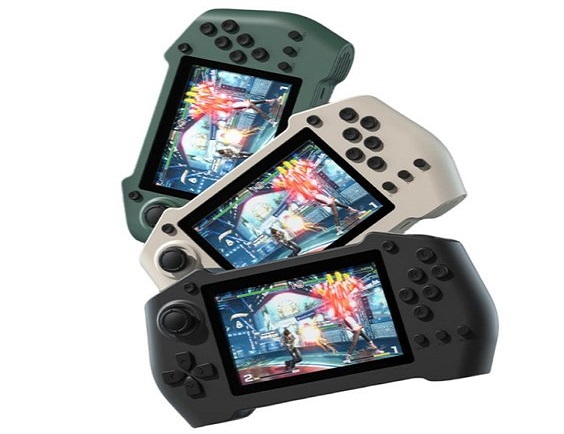Gaming consoles have revolutionized the way we play video games, bringing engaging experiences directly into our living rooms. Whether you’re a casual player or a hardcore gamer, understanding the landscape of gaming consoles is crucial for making informed choices. In this blog, we’ll explore the various types of gaming consoles, their features, and what you should consider when choosing one.
1. Types of Gaming Consoles
1.1. Home Consoles
Home consoles are designed for use with a television and typically offer the most powerful gaming experiences. Some of the most popular home consoles include:
- PlayStation 5 (PS5): Known for its stunning graphics, fast load times, and an extensive library of exclusive games, the PS5 is a favorite among gamers.
- Xbox Series X/S: Microsoft’s latest consoles focus on performance and backward compatibility, allowing players to enjoy games from previous generations.
- Nintendo Switch: A hybrid console that can be used as both a home console and a portable device, the Switch offers unique gaming experiences with titles like “The Legend of Zelda: Breath of the Wild.”
1.2. Handheld Consoles
Handheld consoles are designed for gaming on the go. They are compact and often feature a built-in screen. Some notable examples include:
- Nintendo Switch Lite: A dedicated handheld version of the Nintendo Switch, perfect for gaming on the move with a library of popular titles.
- Steam Deck: Valve’s handheld console allows players to access their Steam library anywhere, combining powerful gaming capabilities with portability.
1.3. Retro Consoles
Retro consoles aim to bring back classic gaming experiences, often preloaded with popular games from previous generations. Examples include:
- Nintendo Classic Mini: Featuring iconic games from the NES era, these consoles are perfect for nostalgia-driven gaming.
- Sega Genesis Mini: Offers a collection of Sega’s classic titles, bringing retro gaming to a new generation.
2. Key Features to Consider
When choosing a gaming console, consider the following features:
2.1. Performance
Look for consoles that offer powerful processors and graphics capabilities. This is especially important for modern titles that demand high performance.
2.2. Game Library
Different consoles have exclusive titles that can significantly influence your decision. Research the available games on each platform to find one that suits your preferences.
2.3. Online Services
Many consoles offer online services that provide access to multiplayer gaming, free games, and exclusive discounts. Consider whether you want a subscription service like PlayStation Plus or Xbox Game Pass.
2.4. Backward Compatibility
If you have a collection of games from previous console generations, backward compatibility can be a crucial feature. This allows you to play older titles on newer consoles.
2.5. Accessories and Peripherals
Check the availability of accessories like controllers, charging docks, and VR systems. A well-supported ecosystem enhances your gaming experience.
3. Setting Up Your Console
Setting up your gaming console is usually straightforward. Here are the basic steps:
- Connect to Power and TV: Plug in the console and connect it to your television via HDMI.
- Initial Setup: Follow the on-screen instructions to create an account, connect to Wi-Fi, and update the system software.
- Download Games: Access your digital library or insert physical game discs to start playing.
4. Popular Game Genres for Consoles
Gaming consoles cater to various genres, including:
- Action/Adventure: Games like “God of War” and “The Legend of Zelda” offer adventurous narratives and engaging gameplay.
- Sports: Titles like “FIFA” and “NBA 2K” provide realistic sports experiences.
- RPGs: Role-playing games like “Final Fantasy” and “The Witcher” offer deep storylines and character development.
5. The Future of Gaming Consoles
The gaming industry is constantly evolving. With advancements in cloud gaming, virtual reality, and cross-platform play, the future of gaming consoles looks promising. Companies are exploring innovative ways to enhance gameplay experiences, making it an exciting time for gamers.

